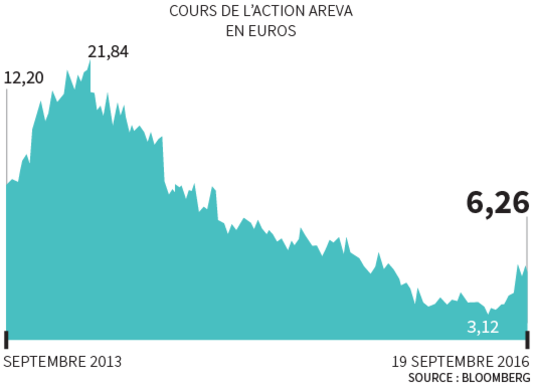Can a Broader Corporate Purpose Redress Inequality? The Stakeholder Approach Chimera
C’est sous ce titre que les professeurs Gatti et Ondersma amène à une réflexion critique sur l’ouverture de l’objectif des entreprises à la théorie des parties prenantes : « Can a Broader Corporate Purpose Redress Inequality? The Stakeholder Approach Chimera » (4 mars 2020).
Extrait (tiré de l’entrevue suivante « Can a Broader Corporate Purpose Redress Inequality? » :
Our paper also rebuts the premise that shareholder primacy is a key contributor to economic stagnation and inequality. To be sure, shareholder primacy may have contributed to concentration and monopsony in labor markets, excessive executive compensation, the decline in workers’ prerogatives, and tax cuts. But so might the stakeholder approach. Note that a stakeholder approach can hardly fix the central drivers of stagnation and inequality. Globalization, technology, and education cannot be addressed by corporate boardrooms alone. Similarly, collective action dynamics suggest that we cannot expect boards to retreat from further concentration. Experiences with constituency statutes and the battles between large corporations and organized labor tell us that boards won’t improve worker protections without regulation. Implementing legislative or regulatory measures would be much more effective in addressing stagnation and inequality than would be a change in corporate purpose.
In fact, stakeholderism is likely counter-productive. It would give corporations both a sword and a shield with which to defend the status quo.
First, managers and directors can play offense by expanding lobbying efforts, purportedly in the interest of all stakeholders, thus risking corporate capture of the reformist agenda. Second, corporations can deploy stakeholderism defensively by arguing that no direct regulation is needed. Like others, we take a cynical view of the Business Roundtable’s Statement on Corporate Purpose and Martin Lipton’s “New Paradigm,” which includes regulatory preemption as an express purpose. Meanwhile, a switch to a stakeholder approach would require diverting momentum for change into significant political capital in order for it to be adopted – and once adopted, enshrined in against further change. Thus, the pursuit of a stakeholder approach would deplete time, energy, and resources necessary to pass reforms to reduce inequality, such as tax, antitrust, and labor measures – precisely the changes most likely to meaningfully distribute power and resources to employees and other weaker constituents.
The Covid-19 pandemic exacerbates this concern. As many businesses cannot survive without government aid, some have accepted conditions for receiving bailout money, primarily with respect to stock buy-backs and dividend payouts. We speculate that, at some point, businesses might find it convenient to simply offer, in exchange for further government relief, a formal adoption of a stakeholder approach in their charter. This would preempt more onerous restrictions while preserving the status quo.
As disastrous as the current economic situation is, it also offers a rare opportunity to rethink and possibly reset certain policies. There is little choice but to depart from the tradition of tinkering with corporate governance and instead identify more effective tools to address inequality (mainly in labor, antitrust, and tax laws). This will undoubtedly require greater collaboration across fields and disciplines.
À la prochaine…
